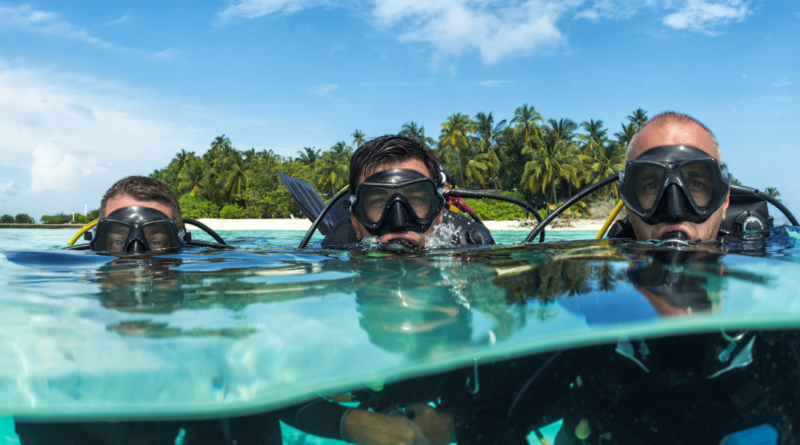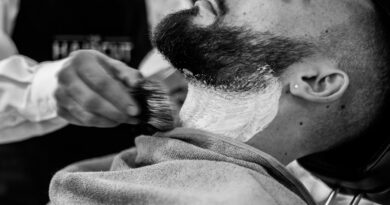Scuba diving for beginners: Essential things to know
The ocean has always been a mystery, an unexplored frontier waiting for adventurers to discover its secrets. Each year, thousands of people are drawn to its depths for an array of reasons. Whether it’s the allure of uncovering historic shipwrecks, the thrill of swimming alongside majestic whale sharks, or the desire to experience the beauty of vibrant coral reefs, scuba diving offers endless possibilities for exploration.
But what many people don’t realize is that scuba diving offers more than just an adventure. It can also have a positive impact on both physical and mental health. From providing a full-body workout to promoting mindfulness and relaxation, scuba diving offers a unique way to maintain overall well-being.
In addition to the physical benefits, scuba diving also provides a sense of community and social connection. It’s an activity that brings people from all walks of life together, united by a shared passion for the ocean and its inhabitants.
For those interested in learning more about scuba diving, watching the best scuba movies can provide a glimpse into the world of underwater exploration. So why not take the plunge and discover the wonders that await beneath the surface?
How to Get Ready for Scuba Diving
Becoming a scuba diver doesn’t require you to be a world-class swimmer, but it’s crucial that you feel confident in the water and have basic swimming skills. These skills will be essential as you work towards obtaining your diving certification.
As part of your certification training, you’ll need to demonstrate your ability to float or tread water for a minimum of ten minutes. There are different techniques you can use to stay afloat, such as treading water, “dog paddling,” or even simply resting on your front while wearing flotation equipment. This exercise will test your comfort level in the water and ensure you have the necessary skills to stay safe while diving.
You’ll also be required to swim 200 yards without stopping. There’s no time limit, and you’re free to use any swimming strokes you prefer. This exercise tests your endurance and swimming ability and prepares you for the physical demands of diving.
For those with physical disabilities, there are adaptive methods available to help you meet the aquatic skills requirement. These accommodations ensure that everyone has the opportunity to become a certified scuba diver, regardless of their physical abilities.
By mastering these fundamental swimming skills, you’ll be well on your way to becoming a confident and capable scuba diver. So take the plunge and start your scuba diving journey today!
Essential Skills Required for a beginner Scuba Diver

When you sign up for a scuba diving lesson, most dive shops will provide you with all the necessary gear for your underwater adventure. This includes a dry suit or wet suit to keep you warm and protected, a BCD scuba tank (buoyancy control device) to help you adjust your buoyancy, and an SPG or Dive Computer Regulator to regulate your breathing and monitor your depth.
As a beginner scuba diver, there are seven essential skills that you must master in order to dive safely and confidently:
- Never hold your breath. Proper breathing is crucial in scuba diving, and holding your breath can be dangerous and lead to injury.
- Equalize your ears frequently. As you descend, the pressure on your ears increases, causing discomfort. Learning to equalize your ears early and often can prevent pain and potential injury.
- Control your buoyancy. Being able to maintain neutral buoyancy is essential in scuba diving, allowing you to move effortlessly and conserve energy while underwater.
- Practice mask removal. Knowing how to remove and clear your mask in the water can be a lifesaving skill in the event of a malfunction.
- Master regulator clearing. In the event that water enters your regulator, it’s important to know how to clear it to resume breathing normally.
- Release air from your BCD as you ascend. Proper buoyancy control during ascent is crucial to avoid decompression sickness.
- Always make a safety stop at 5 to 6 meters (16-20 feet) before surfacing. This helps to release any remaining nitrogen and reduce the risk of decompression sickness.
By mastering these essential skills and having the right gear, you’ll be well-equipped for a safe and enjoyable scuba diving experience.



